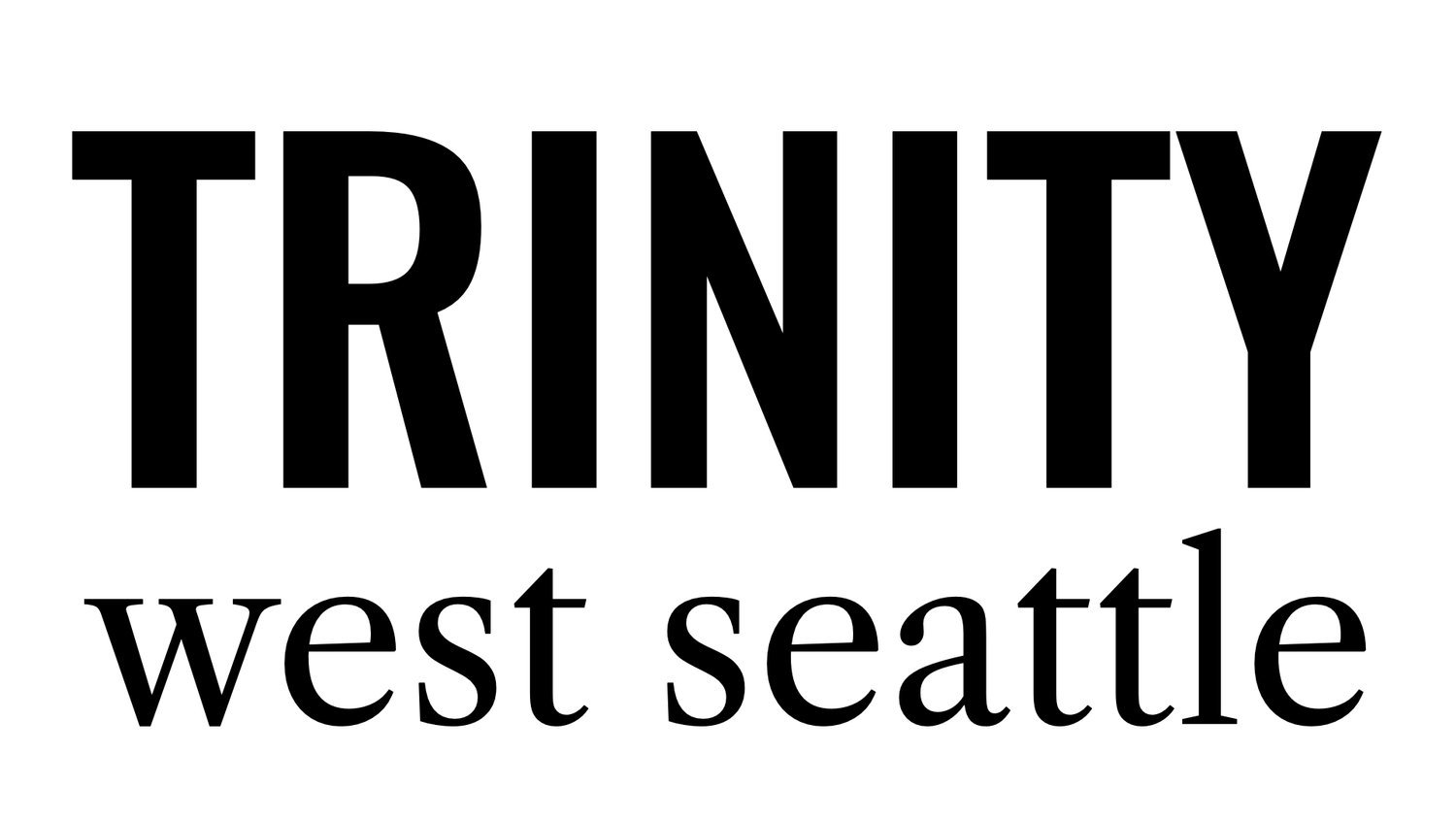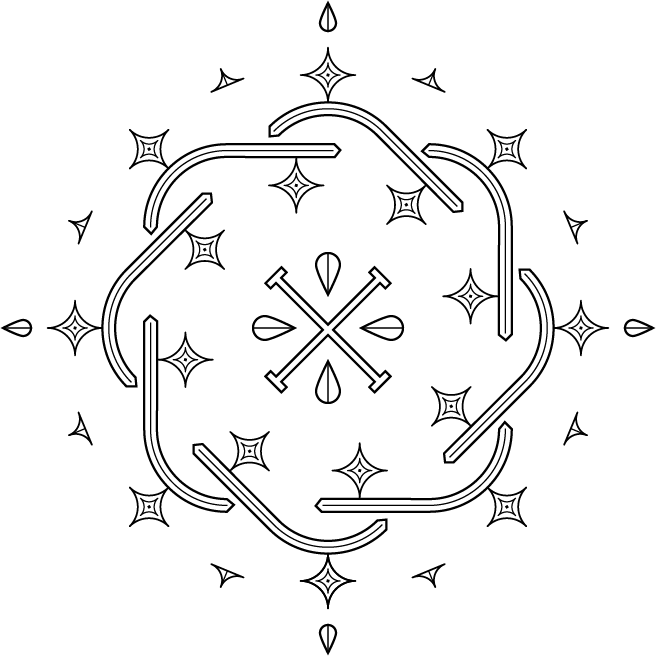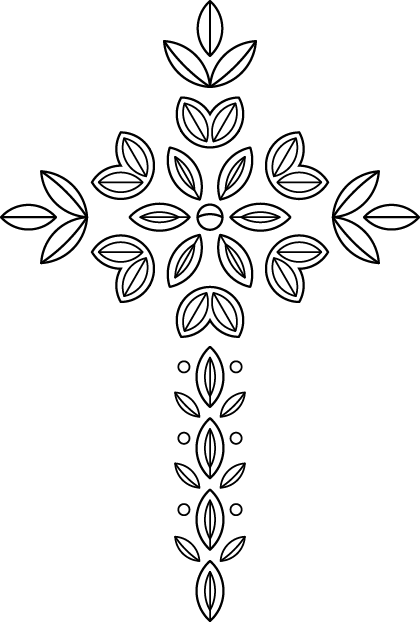
Why Liturgy?
Before we can answer this question, we need to answer an even more important one: why worship? Perhaps you’ve heard the explanation that we worship God because He is worthy. And there is nothing wrong with this statement; it is truthful and instructive for us. However, worship is not simply us acting upon God, but God acting upon us. Worship is the place where “God invites us to renew our loves, reorient our desires and retrain our appetites” (You are What You Love, p. 65). In other words, Christian worship is the place where we learn how to desire God, and become a people who desire what He desires.
Worship is a rich banquet, and liturgy is how we partake in the feast.
People who hear the word ‘liturgy’ often think of some kind of conventional, rote—perhaps even boring—religious service or tradition. Although this word has been associated with more traditional expressions of worship, liturgy comes from the Greek word for public work or service. In the most basic sense then, liturgy is the service that takes place when God’s people gather for worship. The bottom line: every church has liturgy.
As we gather together each Sunday, our liturgical aim is to reflect the Story of the Gospel. We do this because, first and foremost, it glorifies God. But we also recognize that liturgy is shaping. Our decisions about the rhythms and practices (our work/service) in our gatherings form the character and culture of our community. If we are to be a community who loves God and loves people, we must be steeped in the Gospel; it is the only way.

The Liturgical Calendar
Rehearsing the story of the Gospel has been a common practice for God’s people throughout history, and we want to continue that legacy. Borrowing and gleaning from the Church of the past helps us stay in the bounds of orthodoxy and continue bringing glory to God. It also provides a comfort in knowing that we are participating in the Christian liturgy rehearsed for almost the past 2000 years.
One of the ways in which we do this is through following the Church Calendar or Liturgical Calendar. Rather than our lives revolving around the seasons and times of the culture, we follow the Church Calendar because it helps us to reorient our lives around the story of Jesus and the Gospel.
ADVENT
Advent marks the beginning of the Church year or Liturgical Calendar. This four-week season begins by observing the second coming of Jesus to judge the living and dead, and ends with celebrating Jesus’ first coming at the Incarnation. Advent is a season of longing. Just as the Israelites awaited the promised Messiah to fulfill the promises of the Hebrew Bible or Old Testament, Christians await the return of Christ to consummate His rule and reign, bringing final redemption and renewal to all creation (Rev. 21).
EPIPHANY
When Advent ends, Christmastide begins (the twelve days of Christmas), and then that ends on January 6th, the feast of Epiphany, which means manifestation. It’s a time celebrating the manifestation or first appearances of Jesus Christ as the savior of the world. It’s often associated with the story of a group of Persian astrologers—the Magi—coming to Jesus as a child in Bethlehem in order to worship him: a sign of the future reality that the Jewish Messiah—the Christ—would also save the Gentiles. In the Eastern church traditions, Epiphany is primarily a celebration of the baptism of Jesus as the revelation that the incarnate Christ was both fully God and fully man. Other traditions focus on Jesus’ first miracle (turning water into wine), revealing his power and love.
The word Lent is taken from the old english word for springtime. As a Christian season, Lent is a 40-day journey with Jesus to the cross—a journey of repentance and renewing our devotion to Him as we prepare our hearts for Good Friday and Easter. Ash Wednesday is the kickoff to the lenten season. We remember why Jesus came to die for us: to reverse the curse of death which says, “you are dust and to dust you shall return” (Gen. 3:19).
PALM SUNDAY
There was no other day filled with such mixed emotion than the day that Jesus rode into Jerusalem. All of Israel anticipated a king who would ride in on a warhorse, usurp the Roman Empire, and take his rightful place as the true King of Israel. Only Jesus did not enter the holy city on a warhorse, but on a donkey. Jesus enters not as a tyrant king, but as a humble servant. And in just several days, the same crowd that cried out, “Hosanna!” would be shouting, “Crucify Him!” (cf. Matt. 21:9; Matt. 27:22–23).
GOOD FRIDAY
A day of mourning that commemorates Jesus’ crucifixion and death at Calvary, Good Friday inaugurates the most important three days in human history, where we remember that Jesus humbled himself to the point of death on a cross (Phil. 2:8) in order to save us.
EASTER
Recognized as the most familiar and widely celebrated day of Holy Week, Easter or Resurrection Day celebrates Jesus’ triumphant victory over Satan, sin and death. Not only does Jesus’s resurrection prove that He is God, it promises the hope of eternal life for all who believe in Him. Because of Jesus’ resurrection, new life has begun, and it anticipates the day when all things will be made new again.
ASCENSION SUNDAY
Historically known as “The Feast of the Ascension of Jesus Christ,” Ascension Day celebrates Jesus’ ascension into heaven 40 days after His resurrection. This celebratory day worships Jesus as the King, who is seated at the right hand of the Father and given all power and authority in heaven and on earth.
PENTECOST
Celebrated by Jews 50 days after Passover, Pentecost was called the “Feast of Weeks.” Originally an agricultural festival, marking the beginning of the wheat harvest, the festival eventually became associated with the giving of the Law at Mount Sinai. On Passover, the people of Israel were freed from their enslavement to Pharaoh; on Pentecost, they were given the Law and became a nation committed to serving God. But for Christians, Pentecost doesn’t celebrate the giving of the law. Instead, we celebrate the giving of the Holy Spirit, the birth of the Church, and the gospel beginning to go to people from every nation on earth.








